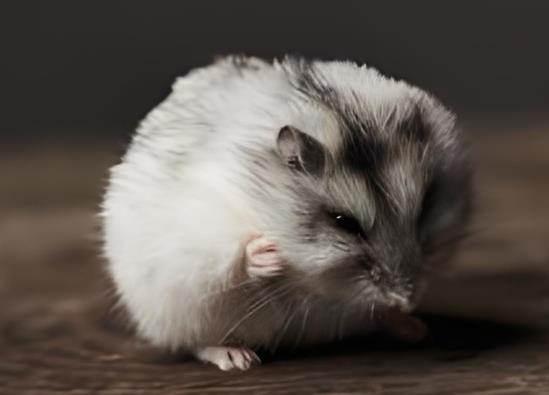The lifespan of wild hamsters is significantly influenced by their species and environmental factors. Below is a comprehensive analysis:

I. Basic Lifespan Ranges
Common Wild Hamster Species
Most wild hamsters have an average lifespan of 1–2 years. Wild Syrian hamsters (golden hamsters) can live up to 4 years, but such cases are extremely rare.
Roborovski hamsters, due to their smaller size and strong adaptability, have a slightly longer wild lifespan, averaging 2–3 years.
Extreme Cases
A tiny number of wild Syrian hamsters, blessed with genetic advantages or favorable habitat conditions, may exceed 4 years in lifespan.
II. Key Factors Affecting Lifespan
Environmental Threats
Predation by natural enemies (e.g., owls, foxes), food scarcity, and extreme weather are the primary causes of death. Less than 20% of wild hamster pups survive to adulthood.
Burrow structure is critical to survival; shallow or damaged burrows significantly shorten their lifespan.
Physiological Traits
Their high metabolic rate leads to rapid oxidative damage to cells, meaning wild hamsters generally live 30%–50% shorter lives than captive ones.
Solitary habits and reproductive stress accelerate physical exhaustion. Female hamsters typically have shorter lifespans than males due to the burden of reproduction.
III. Differences Between Wild and Pet Hamsters
Lifespan Comparison: Pet hamsters have an average lifespan of 2–3 years (extended by human care), while wild individuals live shorter lives due to survival pressures.
Causes of Death: Over 60% of wild hamsters die from external threats, whereas pet hamsters more commonly succumb to illness or old age.
IV. Special Phenomena
Endangered Species: European wild hamsters have seen a sharp decline in numbers due to habitat loss, with some populations facing the risk of extinction within 30 years.
Genetic Advantages: Certain wild Syrian hamsters, thanks to greater genetic diversity, have stronger disease resistance than inbred pet hamsters. However, this advantage is offset by harsh survival pressures.
If you wish to learn about the wild survival strategies of specific species, we can further explore their burrow-building behaviors or food storage habits.
